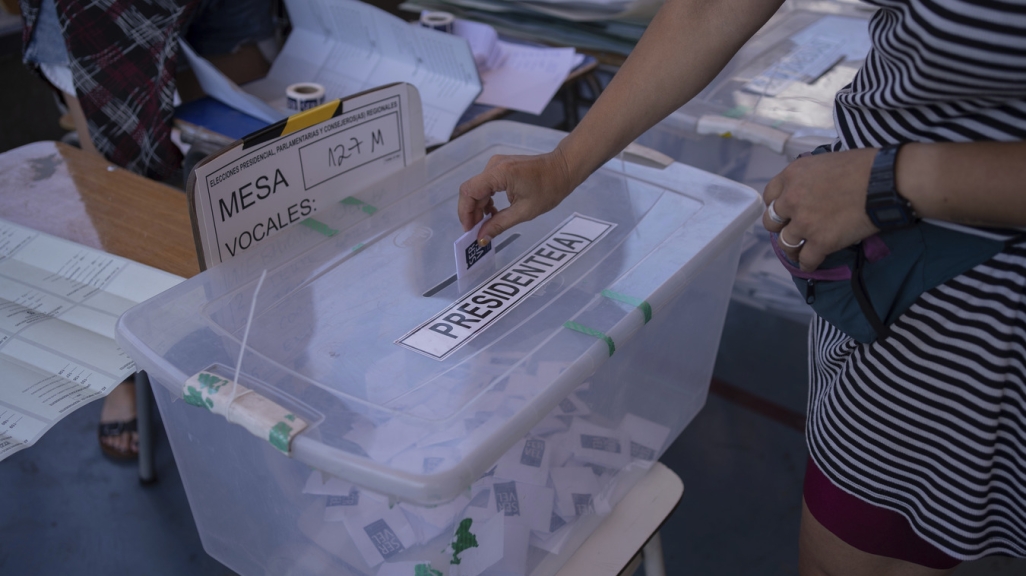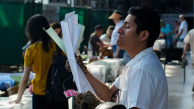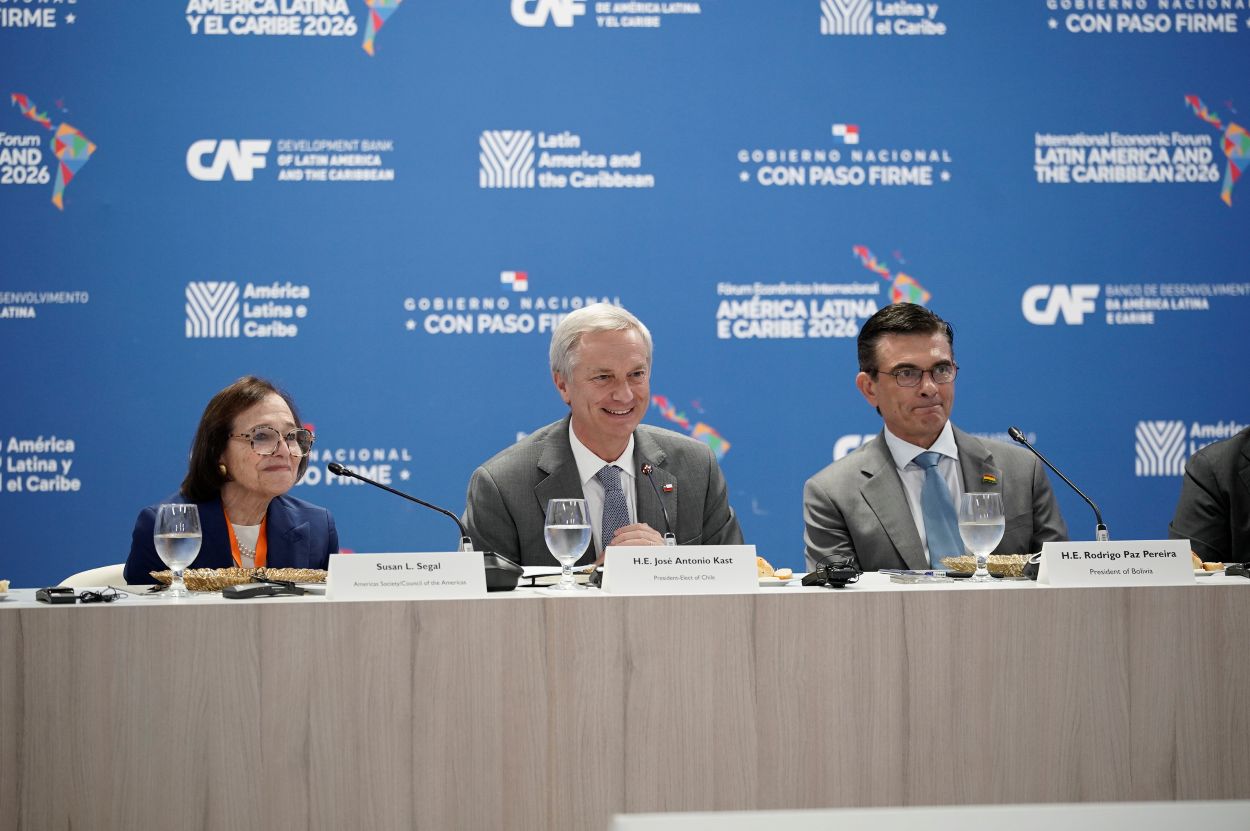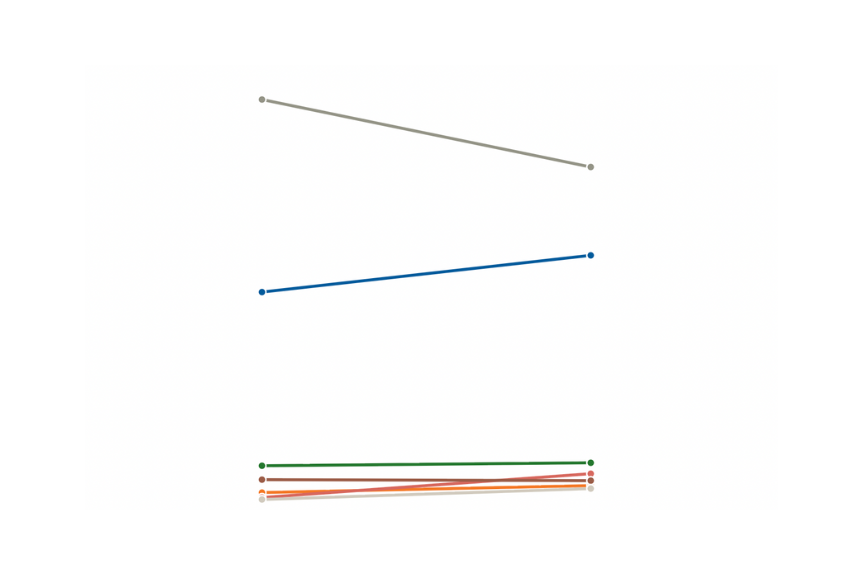Understanding Chile's 2025 Presidential Primary
Understanding Chile's 2025 Presidential Primary
Only one coalition—Unity for Chile—will decide its candidate for the general election in the June 29 contest.
Updated July 11, 2025—On Sunday, June 29, Chile will hold a primary election for the 2025 presidential vote. As opposed to previous years, the Electoral Service of Chile will only be organizing one primary, as the left-wing Unity for Chile was the only coalition to register. Citizens who are members of any of the coalition’s parties can vote, along with all independent voters who are not official members of other registered political parties.
Voting in the primaries is not compulsory in Chile. Turnout in the 2021 primaries, was 21.4 percent, with 3.1 million votes cast across two primaries and six candidates.
The winner of the United for Chile primary will compete in the first round of the presidential election on November 16 against candidates nominated by single parties, rather than a coalition. A second round will be held on December 14 if no candidate secures an absolute majority. The next president of Chile will be sworn in on March 11, 2026. President Gabriel Boric will not seek re-election because Chile’s constitution prohibits consecutive presidential terms.
Bolivia, Chile, Ecuador, and Honduras will hold presidential votes. Plus, Argentina holds midterms and Canada picks a new leader.
The October 26–27 contests, held a year before the 2025 general elections, offered insights into the country’s political landscape.











